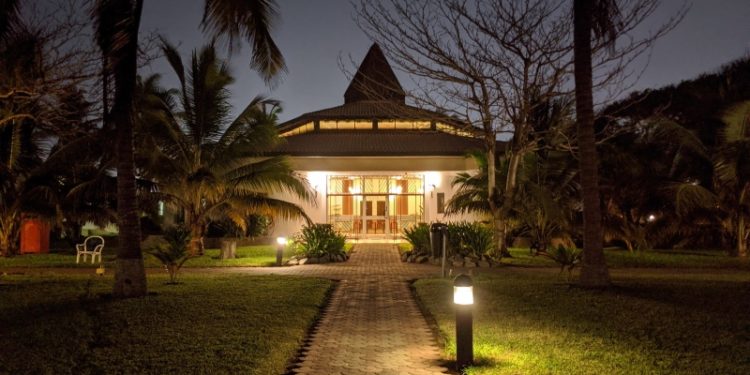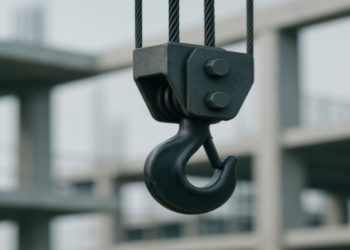Solar lights!
It is the main hope for a greener and sustainable tomorrow.
We all are aware of climate change and global warming. Things are turning pretty ugly now. If we do not take necessary actions right now, it can cost the lives on this planet.
This blue planet is, after all, our home, and we need to take all the precautions that are required to be taken in order to ensure a healthier and safer environment for the future generation.
It is great that you have decided to opt for solar garden lights. Garden areas are best to install solar lights as these are the places that get solar energy throughout the daytime.
We understand that when you are choosing an eco-friendly and sustainable solution, you might worry about how long solar lights can last. Here, in this article, we will find out that.
The Durability
When you are installing solar garden lights, you can be sure that those lights are going to last for quite some time. They simply work like any rechargeable products that are available on the market.
At some point, they will run out of power and will need some recharging.
With solar lights, the best part is that they will get their recharge automatically from the sun’s rays, and you do not need to recharge them. It means these types of lights suck up the energy during the day, and throughout the night, they will light up your outdoors.
Solar lights usually store the energy in their batteries, and when darkness creeps, they use the same energy to light up the bulbs.
Everything till now seems to be completely fine.
Now the question comes again, and that is, “How long do solar lights last?”
How Long Solar Garden Lights Last
As we have mentioned earlier, solar lights come with batteries that store the energy throughout the daytime and then light up the bulbs during dark hours. Usually, the batteries last for about 3 to 4 years.
That means until the power drains out completely, the batteries will recharge severally.
Apart from that, a number of factors play considerable roles in the longevity of solar lights. Now, we will talk about those factors.
The Installed Bulb
The bulb you are using in your solar light fixture will determine how long the batteries of your solar system will last. All those bulbs with more watts consume more energy. So, it is obvious that they will consume more battery power compared to those bulbs that have fewer watts.
That means, in the long run, the bulbs with fewer watts are going to preserve the installed battery, and they might last for as long as the manufacturers of the battery are claiming.
On the other hand, if you continue using the bulbs with more watts, the batteries might not last that much.
Here, you need to keep in mind that in most cases, LED lights come with a lifespan of 10 years. So, it is obvious that your battery is not going to last long enough in comparison to LED lights. Also, you might need to change your solar batteries once or twice, whereas your LED lights are pretty good and going.
Their Placement
Where are you placing your solar lights?
This is another factor that affects the longevity of solar lights.
If you have placed the solar lights too close to artificial light and far away from direct sunlight, it will affect their delivery. In case the solar lights are too close to the house or street lights, the artificial light will always tamper with the sensors onboard.
These sensors are responsible for enabling the light to go on whenever darkness follows. In case the sensors are damaged, the solar lights might not power at any time. So, you will need to replace the sensor or the entire unit.
That is why you are required to make sure that you are placing the solar lights in direct sunlight and far from the artificial lights.
Solar Panel’s Cleanliness
We know you might be wondering how cleanliness can affect the longevity of your solar garden light.
The excess accumulation of dirt on the solar light will block the sunlight from reaching the panels. Solar panels are the main components of solar lights that receive the sunlight and then convert it into energy stored in the batteries that are installed in the solar system.
Thus, in case the solar panels are blocked, it is obvious that they will not be getting enough sunlight in order to recharge the batteries. Therefore, you are required to wipe out the dirt from the solar panel on a regular basis and also need to ensure that your solar garden lights are clean.
Also, remember that the dirt can be acidic and might combine with acidic rain. As a result, it could result in corroding the solar panels. This will reduce the longevity of your solar garden light.
Extend our Solar Garden Lights Longevity Or Performance
So, now you know a usual understanding of the longevity of the solar garden lights. You also get an understanding of the different factors that play a major role in deciding the lifespan of solar lights.
Here are some tips and tricks that you can use to increase the usual performance of longevity of the solar garden lights.
- During the rainy season and winter, store the solar lights indoors.
- By wiping the panels with a soft, clean cloth once every two weeks, keep the solar panels clean at all times.
- Never place the solar lights near plants, as they can cover the solar panels and prevent them from getting enough sunlight and lighting up the bulbs.
- In case there is a long period of rain or cloud in your area, always switch the lights to the off position. This will ensure a better lifespan of the panels.
- When you are storing solar garden lights inside, you need to ensure that you are placing them somewhere where they can get sunlight. This will let the battery maintain the charge. When you are storing them for a long time, the batteries will lose charge.
Do Solar Garden Lights Last Forever?
When it comes to the lifespan of solar lights, they might not last forever. You need to change the battery after some time. But if you are opting for LED lights, you do not need to worry about at least 10 years.
Also, you are required to consider the proper placement, cleanliness, and a lot of things we have discussed above in order to make the most use of it for a longer time.
David Prior
David Prior is the editor of Today News, responsible for the overall editorial strategy. He is an NCTJ-qualified journalist with over 20 years’ experience, and is also editor of the award-winning hyperlocal news title Altrincham Today. His LinkedIn profile is here.




![7 Best POS Software in the UK [2026 Edition]](https://todaynews.co.uk/wp-content/uploads/2026/02/7-Best-POS-Software-in-the-UK-2026-Edition-360x180.png)








































































